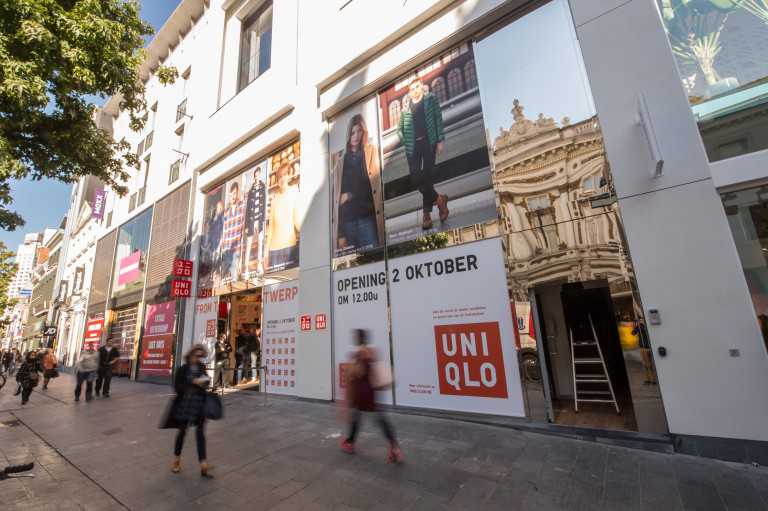While businesses in the non-food sector have reopened their doors, their turnover is still way below normal, according to a survey published on Saturday in Le Soir.
“In the first two weeks of reopening, the number of people visiting stores has been 40% lower than usual,” Comeos CEO Dominique Michel said.
The average reduction is about 30% to 40%, but stores located in shopping malls have been particularly hard hit, with some of them reporting that their turnover had plummeted by up to 70%. Comeos attributes this to customers’ fear of being in enclosed and crowded spaces.
The situation is worse in Wallonia than in Flanders, while Brussels is somewhere in between, the federation notes. This, it says, is likely due to the economic disparity between consumers in the three regions.
Related News
- Lockdown: a 'constant game' between police and citizens in Brussels
- Zara, Primark, IKEA: Where Belgians shopped on day one of shop reopening
Small independent businesses in Brussels and Wallonia polled by the Union des Classes Moyennes (UCM) in the first week of the reopening also reported fewer customers. Only 17% said they had had a normal first week of May, 8% reported receiving more than in previous years, while 75% said they had had very few clients.
Some 84% of respondents expect business to be poor in June. Like the big chain stores, independent small and medium-sized businesses have seen their turnover shrink by 40% since reopening, according to the Syndicat neutre pour indépendants (SNI).
The fashion industry, which had already had a structural problem before the novel Coronavirus crisis, is the sector that has been hardest hit, says Pierre-Alexandre Billiet, CEO of Gondola, a media group that covers the retail industry.
Bankruptcies are therefore to be expected, according to Comeos.
On the other hand, some Do-It-Yourself stores are raking in more money than in 2019 and, generally, businesses that have anything to do with domestic life, such as home decorating, household goods, and electrical appliances, are among the least affected.
The Brussels Times

